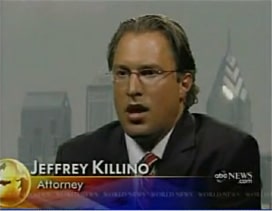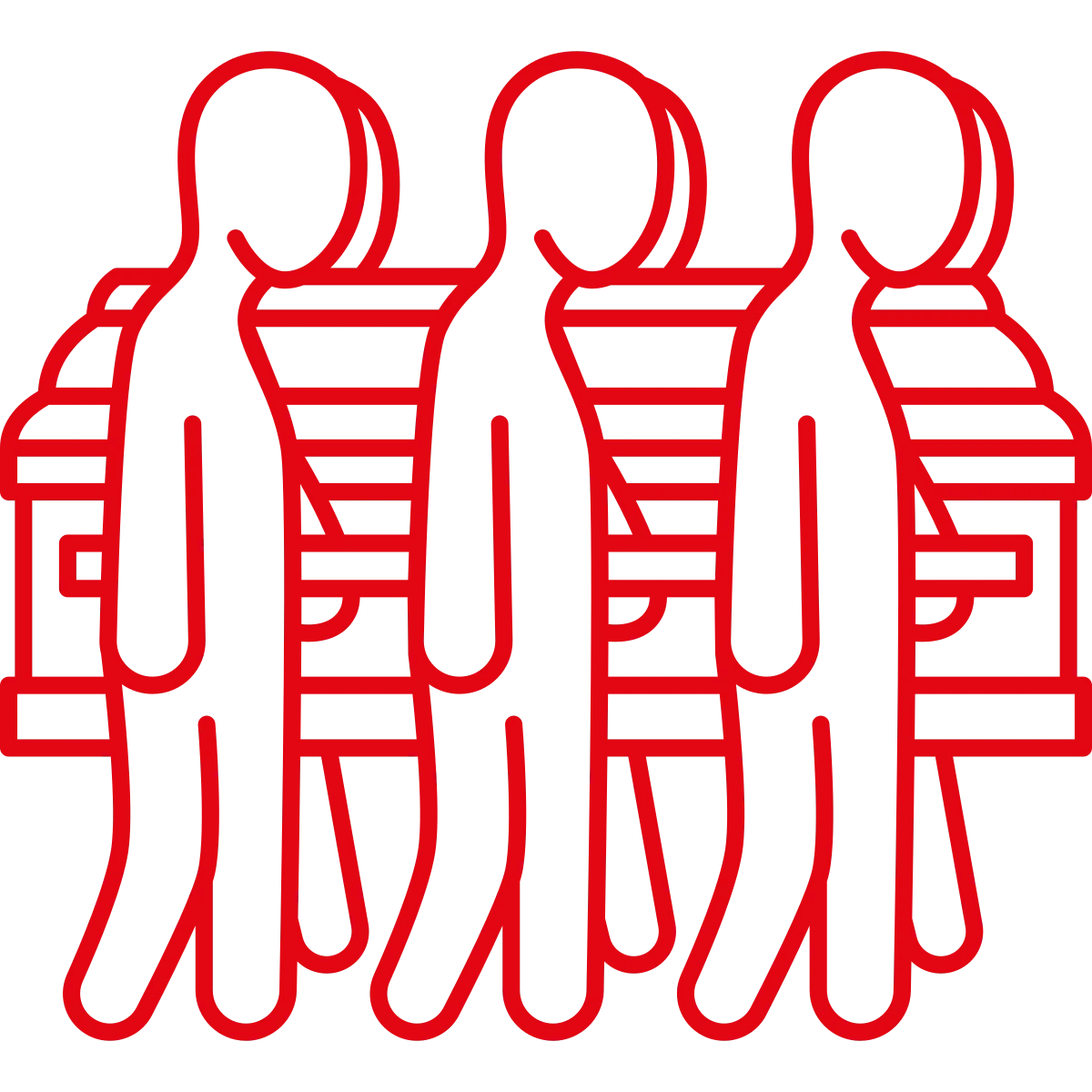Trinity Industries, the manufacturer of ET-Plus roadside guardrails used in states across the country, agreed on October 24, 2014, to stop selling the guardrails until additional tests can be made to assess their safety. The guardrails line the highways and roads of nearly every state in the nation, and more than 30 states have already banned the further installation of the guardrails, which have been alleged to pierce, or impale, cars that crash into them. The company, which dominates the global market for roadside guardrails, was found to have made changes to the guardrails’ design in 2005 without informing the Federal Highway Administration (FHA), as required by law. After a jury found that the company’s failure to inform the government of the design change constituted a fraud on the federal government, the FHA ordered the retesting.
What is wrong with the guardrails’ design? The ET-Plus guardrail, originally designed by Trinity in the 1990s, is a guardrail end-terminal system (known as an Energy Absorbing Terminal) that was designed to absorb the kinetic energy of striking vehicles. Upon impact, the head of the rail was meant to extrude or go through a feeder chute and flatten the rail, which would dissipate the energy of a crash and protect occupants from harm.
In 2005, however, the company redesigned the product by narrowing the length of the channel behind the head of the guardrail from the original five inches to four and by making a change in the height of the rail head. Officials believe that these design alterations can cause the guardrails to malfunction, forming spears that can impale vehicles that crash into them, potentially injuring or killing vehicle occupants. As of October 2014, at least 5 deaths and multiple injuries, including single and double amputations, have been alleged to have resulted from the guardrails’ defective design.
According to testing conducted in September 2014 by The Safety Institute, the ET-Plus guardrails, which contain the design alterations referenced above, pose a significantly higher risk of serious injury and death to motorists than did the previously designed guardrails. The design alterations made by Trinity were found to be 1.45 times more likely to result in severe injuries to motorists and 3.95 times more likely to result in motorists’ deaths.
Manufacturers and designers of dangerous products can be held liable for injuries and deaths caused by product defects through product-liability actions brought by injured plaintiffs or wrongful-death actions brought by the survivors of victims killed by defective products. If you have been injured or one of your family members has been killed and you suspect that the injury or death was caused by a defective guardrail or other product, The Killino Firm’s defective-products, personal-injury, and wrongful-death lawyers can help you obtain the compensation to which you are entitle for your injury or loved one’s death. Contact The Killino Firm for additional information about your legal rights and options.
Who Can Be Held Legally Responsible for Injuries and Deaths Caused by Defective Guardrails or Other Products?
When a product, such as the Trinity ET-Plus Guardrails discussed above, contains a dangerous design defect, the designers, manufacturers, assemblers, suppliers, wholesalers, and retailers of the product can all be held strictly liable for injuries and deaths caused by the product’s defective design. When strict liability applies to a product-liability action, these defendants can be held liable for such injuries and deaths even if none of the defendants was negligent in either designing or manufacturing the defective product or in releasing it to the market. The law governing strict-liability defective-products actions recognizes that designers, manufacturers, and all those involved in the sale or distribution of a product to the public have a duty to protect consumers from unreasonable dangers associated with a product. Defects in a product’s design, manufacture, and warnings may all be found to have rendered a product unreasonably dangerous, subjecting defendants to liability for injuries and deaths found to have resulted from the product’s defect.
Violations of Design and Crash Standards
Defective-products cases often involve proof of design and other standard violations by product designers or manufacturers. Guardrail-design and crash-testing standards, for example, are established by the American Association of State Highway and Transportation Officials (AASHTO) and enforced by the FHWA. Product designers’ or manufacturers’ compliance with such standards, however, will not necessarily relieve them of liability for injuries and deaths caused by product defects. A product may still be found defective under product-liability law, in other words, even when it complies with current industry and other standards. Thus, even guardrails that comply with current standards and regulations but that injure or kill occupants of vehicles that crash into them may result in designers and manufacturers’ liability for such injuries and deaths.
Liability of Counties or Other Entities Responsible for Guardrail Maintenance
Though counties and other governmental entities are sometimes protected from liability by state and local immunity laws, this is not always the case. Some counties may, thus, be found liable for injuries and deaths caused to motorists by the counties’ failure to adequately maintain roadway guardrails. A county’s violation of the American Association of State Highway and Transportation Official’s Guide to upgrade Guardrail Safety Standards, for instance, may result in the county’s liability for injuries or deaths found to have been caused to motorists as a result of the county’s inadequate guardrail maintenance.
Obtain Expert Assistance from The Killino Firm, P.C.
The Killino Firm’s defective products, personal injury, and wrongful death attorneys have been recognized around the country for their expertise in defective products cases and their aggressive pursuit of justice from all those responsible for victims’ defective product injuries and deaths. Contact The Killino Firm for experienced and dedicated assistance with your product injury case.







